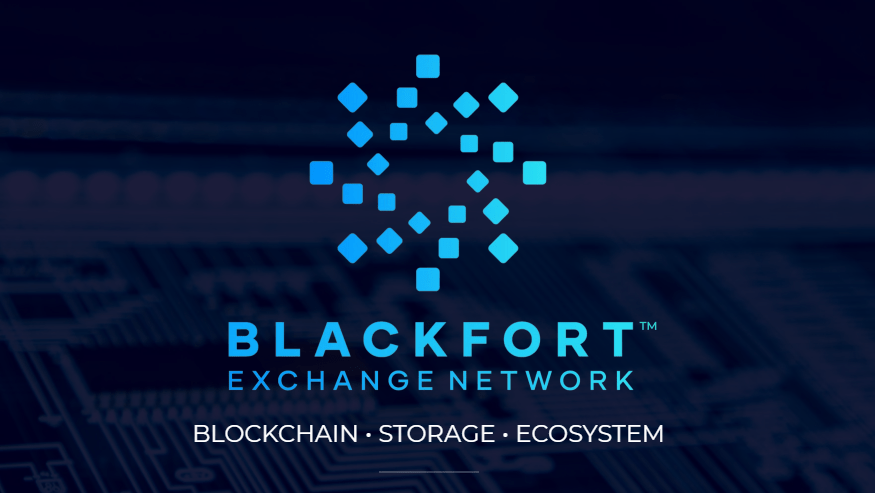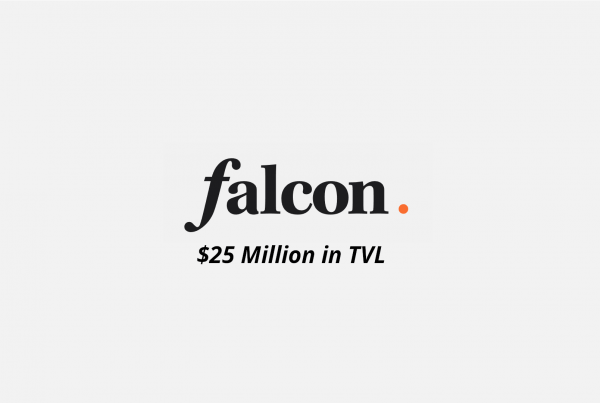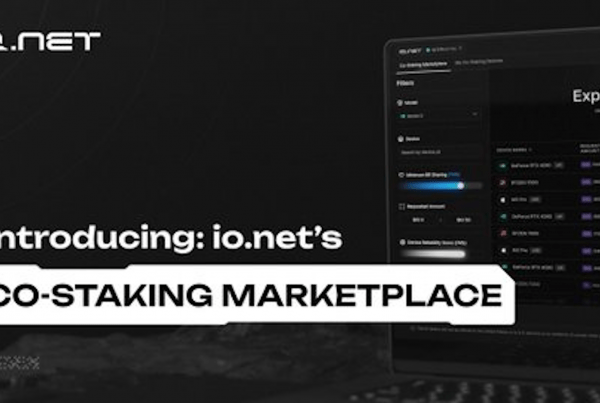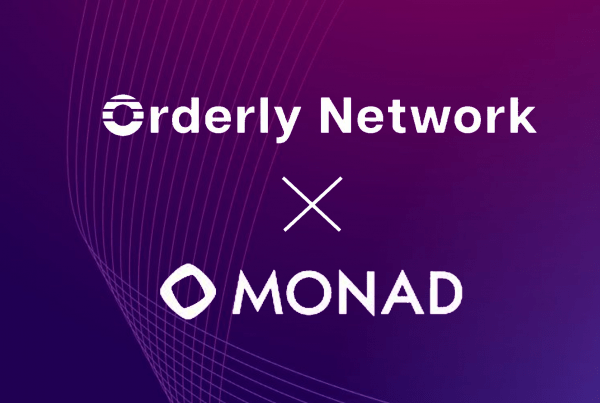
A Layer-1 network with unique NFT-based delegation, a client-side multicurrency wallet, BXN token, an RWA platform, a financial services platform — all these products are part of the BlackFort ecosystem. Together with the team, CoinCheckup explores what makes BlackFort one of the most interesting projects in the market.
Can you explain in very basic words what BlackFort Exchange Network is?
Stefan Huber, CEO: BlackFort is a suite of products that cover the whole spectrum of Web3. On the side of infrastructure, we offer an L1 blockchain, BlackFort Exchange Network, with a pioneering consensus algorithm – Proof of Staked Authority, and special delegator NFTs. We also have a multichain wallet with built-in fiat ramps and swaps, and soon we’ll release a real estate tokenization platform and a financial services solution, BlackFort Pay. All of these products are linked to the $BXN token.
Wow, that’s a lot to unpack. Let’s start with the BlackFort Exchange Network blockchain. Why should people use it and what’s so interesting about its technology?
Lucas G. Hubert, COO: People are using it already, actually – we have almost 1.5 million transactions and 130,000 active addresses on the BlackFort blockchain. Our objective launching this L1 was to make participation in blockchain accessible to all – and here I mean participation as a validator and/or delegator, and the rewards that come with it. With other L1 chains, we see that only a tiny number of users benefit from block production – but with BlackFort, any user can easily become a delegator or even a validator.
It must have something to do with that POSA consensus and delegator NFTs you’ve mentioned, right?
Stefan Huber, CEO: Indeed. In Proof-of-Staked Authority consensus, validators have to both stake $BXN and maintain a good reputation. This is a more efficient and democratic solution than simply requiring a huge stake that only whales can afford.
But my favorite feature are Node NFTs, or nNFTs. To become a delegator, you need to purchase this NFT, which is actually a bundle of BXN tokens wrapped into an NFT. People like NFTs, so using them makes the whole concept of delegation more approachable. The maximum number of nNFTs is capped at 304,000 – I think BlackFort is the only L1 that caps the number of delegators. This gives more prestige to the role. We’ve already sold 175,000 of these nNFTs, so the demand is huge.
And what will delegators get in return?
Lucas G. Hubert, COO: A share in the block rewards and transaction fees, both in BXN tokens. We already have 165,000 delegations from 120 countries. NFT-based delegation is launching very soon, so users should get their nNFTs as soon as possible.
Let’s now talk about your wallet – it’s not just for BlackFort Exchange Network, right?
Mario Urschitz, CIO: Right – the wallet actually supports many chains, including Bitcoin, Ethereum, etc. The strongest feature of the wallet, in my opinion, is the integration of a Web3 antivirus. It can scan a smart contract or an address and tell you right away if it’s safe to connect or send crypto to it. Of course, the wallet also has an integrated fiat on- and off-ramp solution, as well as mu
multichain swaps. I personally use it every day, and I’m proud of this product.
I also see RWA on your roadmap…
Mario Urschitz, CIO: Yes, we’ve built a platform for tokenizing real estate. It comes with a robust compliance framework – BlackFort has already obtained the required licenses, and in a few weeks we should be ready to release the first version of the product.
By the way, our decision to launch an RWA platform isn’t due to the hype around tokenizing real-world assets. We have always combined on-chain infrastructure with real-world applications, so RWA is the logical next step. I have an extensive track record with crypto compliance and blockchain-based securities, so the necessary expertise is already there.
What other products do you plan to launch in 2024?
Lucas G. Hubert, COO: We are excited about BlackFort Pay, our new financial services platform. It will link Web3 payments with the world of traditional finance – we’ll offer debit cards, online bank accounts, a payment processing solution, tools for buying and selling crypto for fiat, and much more. We’re planning to release it in Q3.
On the on-chain front, we are working on a native DEX for BlackFort Exchange Network. It will be the first major dApp in the ecosystem. You can find details on our roadmap page.
Will your $BXN token have utility for users of these new products?
Mario Urschitz, CIO: Of course! Right now $BXN is used for validator staking and delegation, it is wrapped in nNFTs, and it’s also the currency of the block rewards and transaction fees on the L1. For the BlackFort wallet users, it has a different kind of utility: cashback for various types of wallet transactions, such as buying crypto. $BXN holders will also be entitled to airdrops, whitelist spots, and other perks – plus discounts and incentives on the RWA and payment platforms, once they are released.
Where is $BXN listed?
Lucas G. Hubert, COO: Four big exchanges for now: Gate.io, MEXC, Bitfinex, and LBank. But we are working on additional listings. You’ll also be able to trade it on the upcoming BlackFort DEX.
So you have an L1 with a brand-new consensus mechanism, a DEX, an RWA platform, a token with multiple utility streams, and a financial services solution coming up – is it part of your strategy to offer such diverse products?
Stefan Huber, CEO: Yes, definitely. From the start, BlackFort aimed to remove entry barriers, to make crypto accessible. For example, if you’ve never been a validator or delegator, it will be much easier for you to join BlackFort X Network with an nNFT than other L1s. And if you’ve never had a wallet, our multichain wallet is much easier than having lots of wallets for different blockchains. BlackFort Pay and the RWA platform follow the same approach – let users enter different niches in Web3 without unnecessary complexities.
To wrap things off, can you tell us a few words about your background in the crypto industry?
Stefan Huber, CEO: We’ve followed very diverse paths into crypto. I started BTC mining when I was still in college, over 10 years ago. Combined with my background in IT development, it helped me found BlackFort four years ago. Our COO Lucas Hubert came from a corporate environment and offers unique expertise that few people in Web3 have. And our Chief Investment Officer Mario Urschitz co-founded a number of important blockchain projects: a large crypto education platform, a mining facility, and even an exchange for security tokens. Having such diverse backgrounds helped us make BlackFort what it is today – a unique all-in-one ecosystem where each and every crypto user can find what they need.
More about BlackFort: https://blackfort.exchange/



